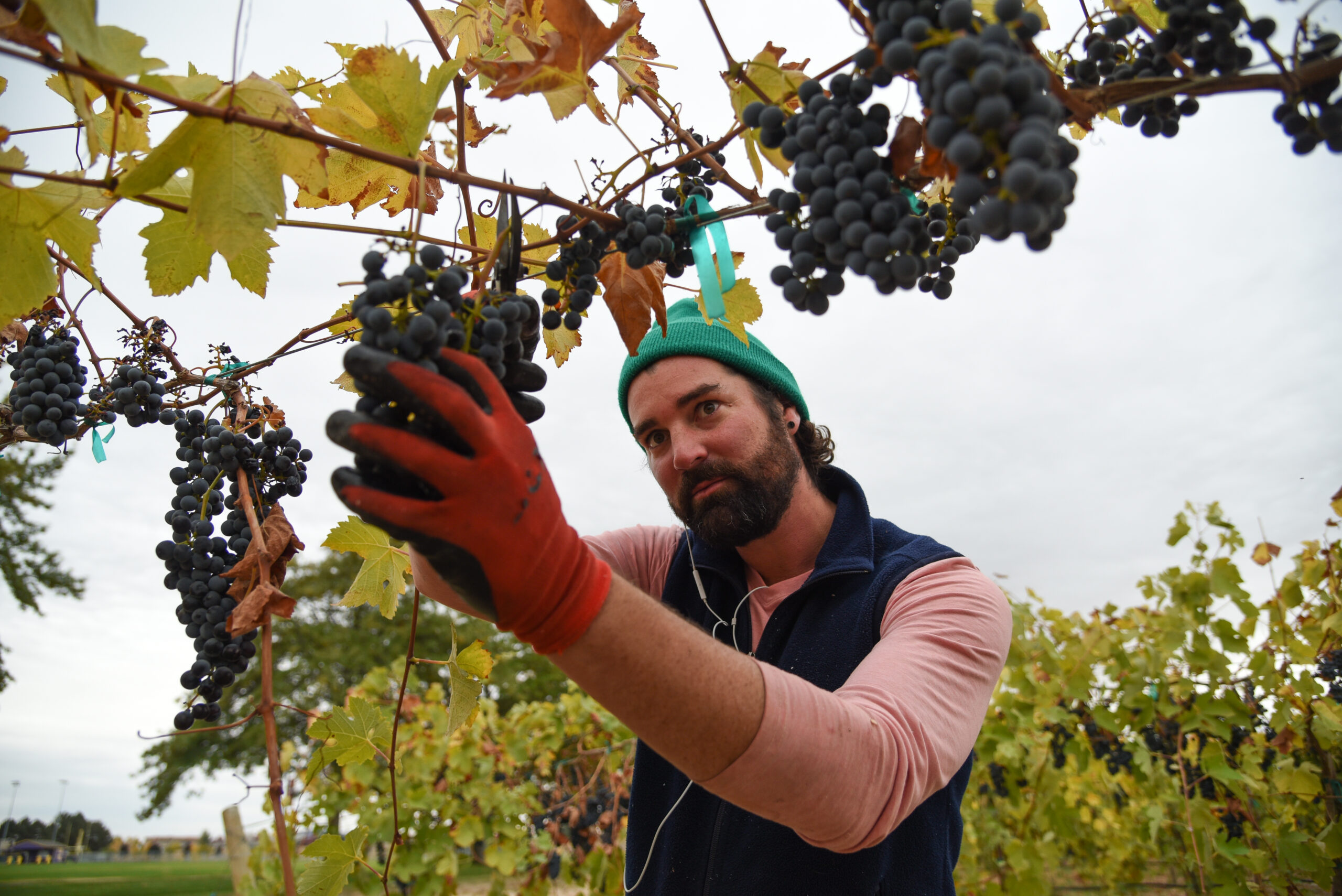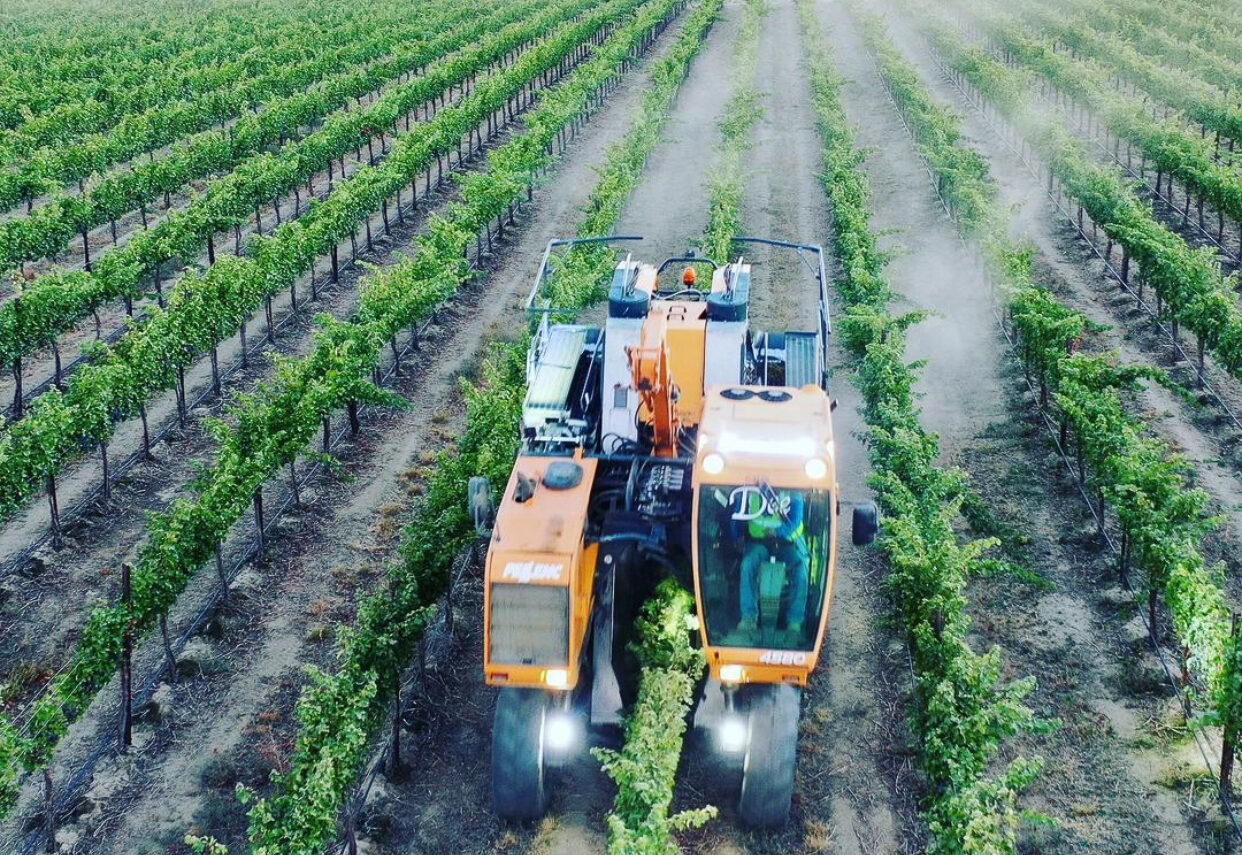FOR IMMEDIATE RELEASE
SEATTLE (May 4, 2020)—The Washington State wine industry has allocated nearly $1.2 Million for viticulture and enology research in the coming fiscal year (July 2020-June 2021), a record amount for research that aims to improve overall wine quality by addressing vineyard and winery challenges.
The Washington State Wine Board of Directors approved over 26 research projects totaling more than $1,186,000 for this year, up almost 15 percent from last year. The increase represents significantly more support from the Auction of Washington Wines for viticulture and enology research at Washington State University, and new research grant programs funded by Washington State Wine.
Vineyard projects will focus on soil health, alternative pre-plant strategies for nematode management, action thresholds for a new leaffolder moth, more efficient water use in a changing climate, grapevine pests and diseases, and more. Winery research includes controlling wine spoilage, tannin management and phenolic analysis, and potential impacts on grapes and wine from smoke and frost exposure.
Examples of new projects include developing management strategies for phylloxera, root-feeding insects detected last fall in several Washington wine-producing areas; developing new tools for vineyard nutrient management; and investigating the impact of yeast on the release of bound flavor compounds in winemaking. Also, investigating new irrigation techniques to enhance the growth of replacement vines in an established vineyard.
A pilot study will explore if dogs can sniff phylloxera and grapevine leafroll virus in the vineyard to help identify infestations and infections before symptoms are visible. The Northwest cherry industry is currently exploring canine detection of viruses that impact trees, and dogs have been trained for similar use in citrus.
Wine research in Washington State is funded through several competitive grant programs. A statewide program administered by WSU combines public, private and industry monies to support viticulture and enology research at WSU. Four entities fund the statewide program: The Washington State Wine Commission; Auction of Washington Wines; WSU’s Agriculture Research Center; and state wine liter taxes (1/4 cent per liter of all wine sold). Additionally, the Wine Commission launched two new competitive grant programs this year to support short-term, demonstration research at Washington community colleges and research beyond state borders.
The Wine Commission dedicates about 25 percent of its annual $5 million budget to fund and support research. Washington’s wine research is industry driven and guided, and the results are accessible to all involved in the industry. Past research projects have benefited the entire industry, from reducing pesticide applications to conserving irrigation water and controlling wine spoilage.

About the Washington State Wine Commission: The Washington State Wine Commission (WSWC) represents every licensed winery and wine grape grower in Washington State. Guided by an appointed board, WSWC provides a marketing platform to raise positive awareness about the Washington wine industry and generate greater demand for its wines. Funded almost entirely by the industry through assessments based on grape and wine sales, WSWC is a state government agency, established by the legislature in 1987. To learn more, visit www.washingtonwine.org.
MEDIA CONTACT: Heather Bradshaw, Communications Director, Washington State Wine Commission (206) 495-5844, or hbradshaw@washingtonwine.org.

